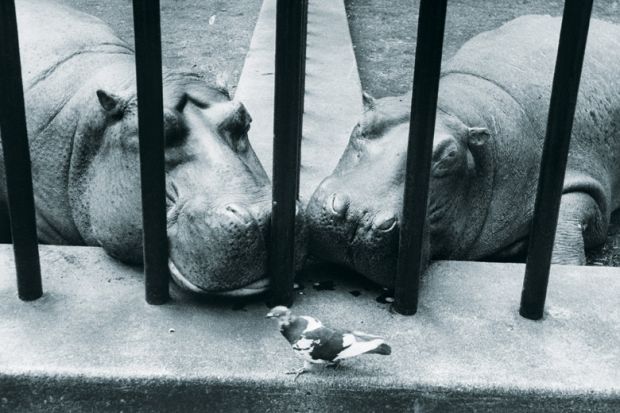A government pilot scheme easing student visa rules at just four highly selective universities in the South of England fails to bring the scale of change needed or to cover the right range of institutions, according to senior sector figures.
The two-year pilot scheme, which launched on 25 July, eases visa rules for those applying to master’s courses at the University of Bath, the University of Cambridge, the University of Oxford and Imperial College London, which were chosen for the pilot on the basis of their low visa refusal rates.
Students involved in the pilot will have lower requirements on supporting documentation in their visa applications and will also be allowed to stay in the UK for six months after their courses end to find a job via the Tier 2 skilled worker visa route.
But that does not amount to a reintroduction of post-study work visas, which universities have long advocated.
Sir Keith Burnett, vice-chancellor of Russell Group member the University of Sheffield, said that he welcomed “any and all efforts to address” student visa concerns, but added that “a small pilot offering modest change is not enough”.
He continued that, “as a country now more than ever we need to show in words and deed that we are open to the world, and that our universities and research are world-class precisely because they draw on talented undergraduate and postgraduate students from every continent on the globe”.
James Conroy, vice-principal for internationalisation at Russell Group member the University of Glasgow, said: “When you look at the actual steps, they are modest. We welcome the pilot. We would, of course, like to have seen the pilot more distributed.
“If you look at Australia, for example, people get visas on the basis that they are going to stay and work in a particular city…They [visa holders] have to do that for a predetermined period of time before they can move anywhere else.
“So there are more creative ways of thinking about this, particularly when you think of the disparities in population densities and economic capacity [between different parts of the UK].
“People may not want many more migrants in parts of the South East of England. We, certainly in Scotland, would warmly welcome people from anywhere prepared to make a contribution to Scottish life.”
Professor Conroy said that while there was a “strong agglomeration of very fine universities in the South East of England…you also have very strong universities in Scotland. But they have different demographic considerations, different migration considerations, different economic considerations, different cultural considerations, and so I would have liked to have seen the pilot expanded a bit to take in different kinds of institutions with different kinds of imperatives.”
Bill Rammell, University of Bedfordshire vice-chancellor and a former Labour higher education minister, said that “by restricting the pilot to four highly selective universities, the scheme is not reflective of the UK higher education landscape and is dismissive of the vital role other universities have in contributing to the economy of the country, and the huge contribution we make to positive global exports”.
A University of Warwick spokesman said: “We would hope that after the two-year pilot, this scheme could be rolled out to include ourselves and others, and we would also hope that it is expanded to encompass students at all study levels. Furthermore, we would ask for the additional grant of leave at the end of the course to be extended to at least one full year.”
后记
Print headline: Visa pilot criticised for focus on southern elite




